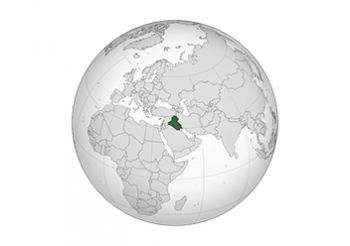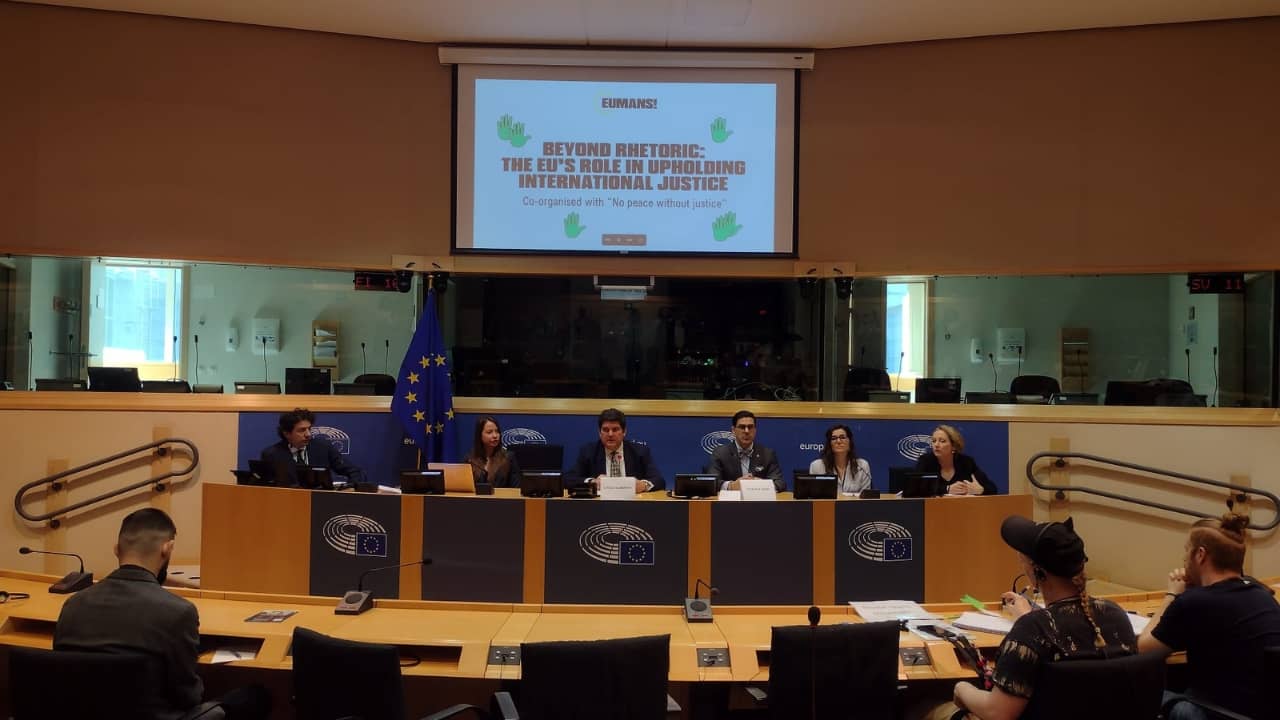
PGA wishes to express its consternation at the decision by an Iraqi Court to sentence to death former Sunni MP Ahmed al-Alwani on 24 November, 2014.
"The Central Criminal Court sentenced Ahmed al-Alwani to death... for his killing of two soldiers," judicial spokesman Abdelsattar Bayraqdar indicated, without saying when the murders took place.
PGA finds the almost complete absence of transparency surrounding this trial to be profoundly troubling, given its implications for basic universally recognized due process rights of the defence and proper administration of justice in general.
It is understood that Mr. Ahmed al-Alwani has one month in which to make an appeal.
Sheikh Omar al-Alwani, a leader of the Albu Alwan, said that any decision about Alwani should be put on hold and that the verdict could harm the fight against the purported Islamic State "IS".
"All the Albu Alwan tribe is standing against IS on the side of the government," but "half of the Albu Alwan fighters will withdraw if they actually executed Alwani in these circumstances," the Sheikh said, adding that even the former MP's guards were fighting against IS.
He said the government should wait until the fighting is over and IS defeated, then "take any decision it considers appropriate."
In light of the foregoing, PGA calls on the Government and the relevant judicial authorities of Iraq:
-
To intervene immediately in this case to establish if sufficient evidence was adduced to meet the high burden of establishing a murder was committed and relevant culpability proven beyond reasonable doubt (or other similar standard of proof under the law of Iraq);
-
To require the Court to make all facts and evidence surrounding this case public and clear and confirm that the defendant was afforded all rights of defense as widely recognized in accordance with internationally accepted standards and norms of law;
-
To refrain from resorting to the death penalty not only in this case – regardless of the finding of the Court, but as a matter of general policy, given its inherently irreversible inhumane nature and also its counter-position to many, internationally widely accepted norms of law and emerging universal standards;
-
To recognize that the inherent inhumanity of capital punishment is, in fact, the very calling card, modus operandi and hall mark/signature method of administration of justice of the sworn enemies of the State of Iraq – IS - and for which IS is – and continues to be – universally condemned;
-
To recognize that the carrying out of the death penalty in this case, not only would be morally and legally objectionable on every level, but - through alienation of many members of the Sunni community, including those fighting or resisting the IS - could well also jeopardize this already challenging struggle against the IS, which is a group that poses a threat to the peace, security and well-being of the international community as a whole in light of its mass-atrocity crimes' policies and practices.




